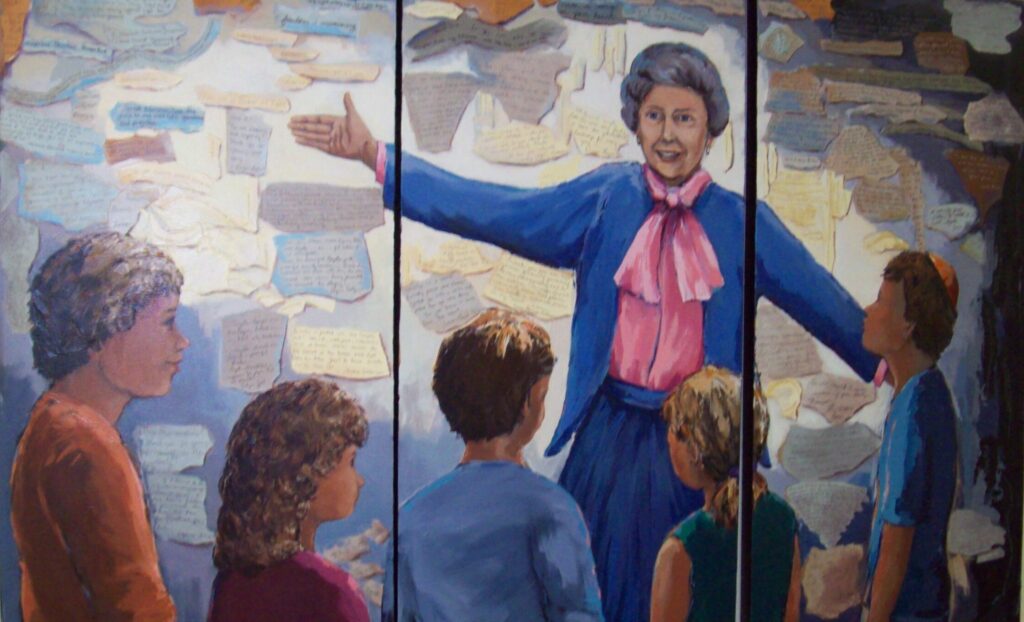Ms. Fishman wanted this poem to sum up the project. In it, she wanted to incorporate the topics of tattoo symbolism in American culture, stigmas of tattoos, the view on tattoos in Jewish culture, and her personal view on tattoos. Through this poem, she could express many of her opinions and have her voice heard.
Since she was about sixteen, she wanted a tattoo, much to the disdain of her family. When she was twenty and away at college, she decided to get her first one. People get tattoos for many reasons, but the main one is that they want to feel “unique.” She believes that uniqueness comes from within, not a piece of body art, but she does agree that tattooing is a form of expression. She immediately felt happier and more confident after she got her tattoo, as she felt the tattoo was an appropriate representation of who she was.
Even though tattoos are becoming more societally accepted, there are still guidelines regarding them. Rules regarding placement and the amount of tattoos are important. Society may accept a quote on a rib but face tattoos, or hand tattoos are seen as signs of unemployment, being an outlaw, or someone to be avoided.
One interesting topic she noticed is how tattoos now serve almost the exact opposite purpose they did during Nazi Germany. Tattoos were once the item that instilled fear in many Jewish people, and now tattoos are being seen as a means of comfort. Additionally, back in Nazi Germany, tattoos were used as a way of identification, but only to dehumanize and make all Jewish people “the same.” They were all seen as worthless human beings, not worthy of an actual name. Today, people view tattoos as a way to set themselves apart from the rest. Back in the Holocaust, people hid their tattoos as they did not want to be associated with the turmoil that had occurred. Nowadays, individuals seek creative ways to showcase their tattoos, openly allowing, and desiring themselves to being viewed.
Ms. Fishman loves her tattoo, and some of her family members have grown to accept it. But like she stated in her poem, “this tattoo is not for them/ It is for me.”
EVOLUTION
My tattoo does not define me
It simply helps express
My family may not agree
I don’t think like the rest
Happily permanent
Etched in my skin
Showing my future
Not where I have been
In Jewish faith
I may be breaking a law
Constant reminder of joy
In no way a flaw
Tattoos have evolved
No longer the same
Stigmas still attached
But changing in name
Unemployed, creepy, fear
Expression, unique, dear
My ancestors
may not agree
But this tattoo is not for them
It is for me.
